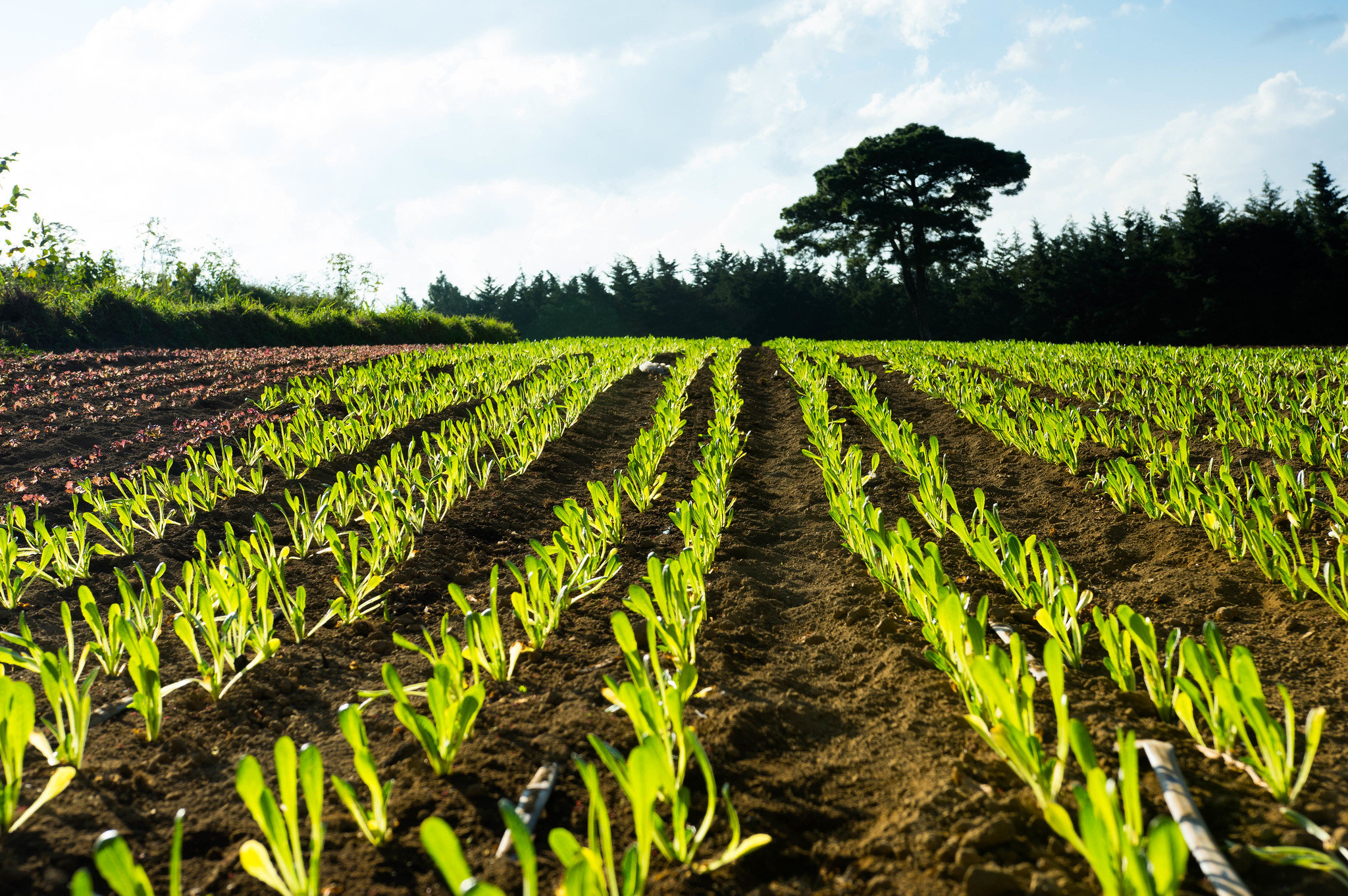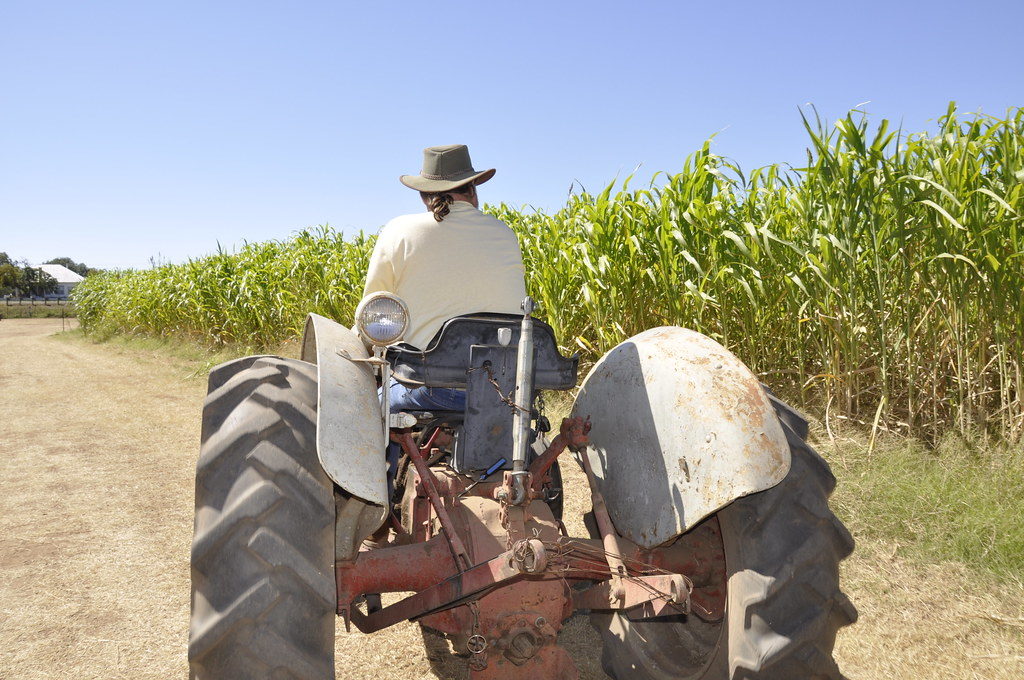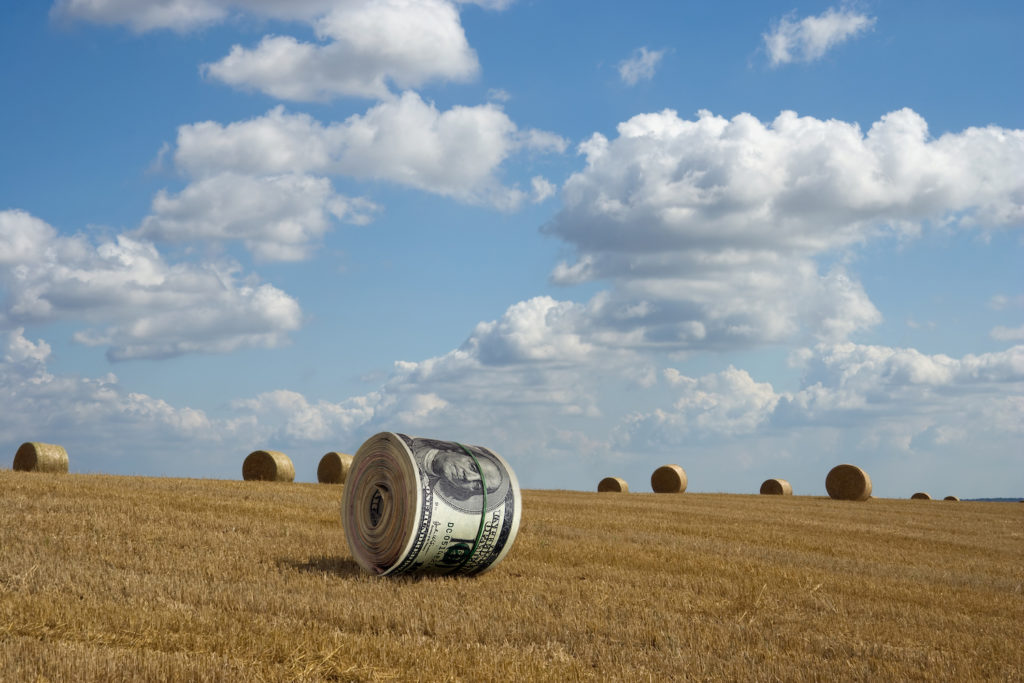The latest from The New Food Economy
USDA gave almost 100 percent of Trump’s trade war bailout to white farmers
Similar to other USDA subsidies, the Market Facilitation Program (MFP) has overwhelmingly favored white and male producers.
By Nathan A. Rosenberg and Bryce Wilson Stucki | Read more
Beyond Meat’s Q2 earnings highlight stunning growth and investor jitters
Shares of the company’s stock have risen 775 percent in the last three months, though analysts predict a bust to come.
By Kate Cox | Read more
If crop insurance rewarded conservation practices, would more farmers go no-till?
Crop
insurance works too well for farmers who farm without regard for
long-term soil health, and not well enough for the few who do. A new
task force wants to change that.
By Jessica McKenzie | Read more
Thinly sliced
Bean burn. How’s
this for a metaphor? Right now, there’s a huge, likely million-dollar
pile of soybeans outside Phelps City, Missouri, that’s in flames. It’s
been burning continuously since a heatwave combusted the grains two
weeks ago. All of the beans are pretty much inaccessible, because the
surrounding roads are underwater, due to flooding that’s plagued the
Midwest since March. Gavilon, the company that owns the grain elevator,
won’t say exactly how many bushels are burning, but a local farmer said
it could be several hundred thousand. The Progressive Farmer reports the pile is just going to keep burning.
Gas, guzzled. A
hundred years ago, when kitchens ran on wood and coal, some chefs
didn’t believe that a gas stove would be an improvement. Apparently,
food didn’t grill as well. Now, imagine one day telling your
grandchildren that electric stoves just don’t have the emotion or soul
of an open flame. They’ll try to imagine what it was like before
Berkeley, California, prohibited natural gas hookups in new buildings,
inspiring other cities to follow suit. Mother Jones has a look
at a new law that could force cooks to use induction stovetops—one that
could ultimately be adopted by the rest of the state, with New York up
next.
Lunch, shame. These
days, it feels like we read a new story about crushing lunch debt every
other week. Does the resulting outrage ever resolve the root cause of
unpaid lunch dues? Mostly, they serve to draw attention to a nationwide
issue, but now it appears some lawmakers are taking action: Two bills in
the House would limit how schools can shame students who don’t have
lunch money, writer Bettina Elias Siegel outlines
in her blog The Lunch Tray. Neither of them go so far as to guarantee
universal school meals—the end goal of many anti-hunger advocates—but
they would at least establish guidelines on how to deal with lunch debt.
In case of emergency. When
a man flashed a BB gun during Washington, D.C.’s annual Pride parade
last month, attendees panicked. But at a nearby restaurant, the staff
remained calm: The restaurant manager ushered everyone into the back,
then pulled people indoors from the street into safety. It wound up
being a false alarm, but under different circumstances. the quick
response may have saved lives. A growing cadre of D.C. restaurants are
training their staff how to react in the event of an active shooter, the
Washington City Paper reports. Local authorities say trainings have increased from one per month in 2013 to about 30 each month this year.
There’s a snake in my green beans. Rather, there’s a snake cut up into the approximate size of several green beans, according to a study written up in The Washington Post
this week. The researchers analyzed 40 media reports where consumers
found frogs, snakes, lizards, and birds in bagged lettuce. Not all were
dead: eight frogs, a toad, and a lizard somehow survived the journey
from the field, into the bag, onto the truck, and out to the grocery
store shelf.

Trump administration announces details of $16 billion trade aid payments
This is the second round of USDA bailout payments to farmers. It appears the numbers will be much higher this time around.
By H. Claire Brown | Read more


